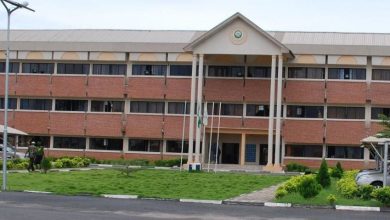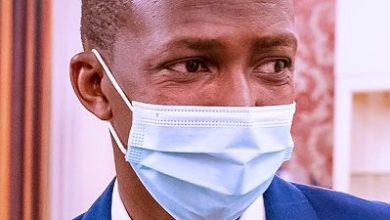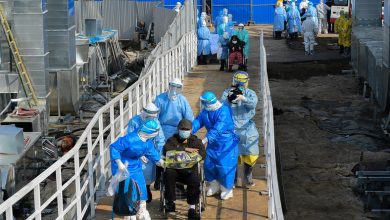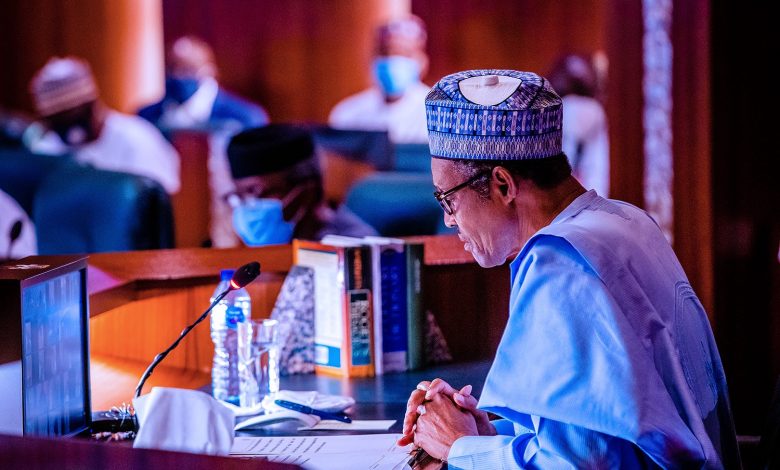
Nigerian government tasked on provision of political, health commitments to adolescents
Stakeholders in the Nigerian Education and Health sectors have called on Government and other partners to provide strong political commitment and support for adolescents and young people’s access to Family Life HIV Education (FLHE) and sexual reproductive health services.
Penpushing reports that, the recommendation came from National Stakeholders’ Consultation for the West and Central Africa Commitment for Educated, Healthy and Thriving Adolescents and Young People; held 25-26 November 2020, in Abuja, Nigeria Capital.
The stakeholders in the recommendations’ also called for a review of the Family Life HIV Education curriculum to be comprehensive and relevant to existing and emerging issues. “strengthening the linkage between education and health sector, particularly through improved quality and coverage of school health services; Developing and implementing policies that make schools zero-tolerant for gender-based violence; and Ensuring that schools and community environments are safer, healthier and inclusive for all learners.”
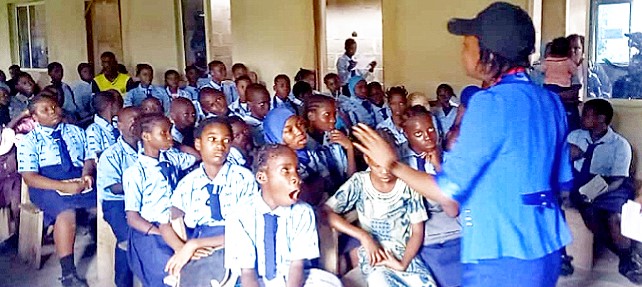
Penpushing further reports that, the resolutions advocated the implementation of the minimum package of services for young people across all states and domestication and implementation of relevant laws relating to gender and SRH, including Child Rights Acts and Violence Against Persons (Prohibition) Act (VAPP).
The Minister of Education, Mallam Adamu Adamu,at the meeting assured that the Federal Ministry of Education would do its utmost best to implement some of the recommendations that are derived from the situation analysis of adolescents and young people in Nigeria.
“The Ministry is committed to partnering with other Ministries of Education in the West and Central African sub-region to support and work towards educated, healthy and thriving adolescents and young people in Nigeria and the sub-region”,he stated
Penpushing also reports that, on his part, Minister of Health, Dr Osagie Enahire acknowledged that young people are central to global, regional and national agenda and are key to achieving demographic dividends.
“Investment in the health and wellbeing of adolescent is key to the achievement of SDGs-related to health, nutrition, education, gender equality and food security. Investment in them is a wise decision to safeguard our future’,Osagie added.
Penpushing reports that, Minister of Women Affairs, Dame Pauline Tallen, in her remarks highlighted the need to use the formal education sector as an avenue to push and continue the sensitisation on the negative effects of sexual and gender-based violence on national development, stressing, “I enjoin us all to pledge our full commitment to this course of having educated, healthy and thriving adolescents and young people in Nigeria’.
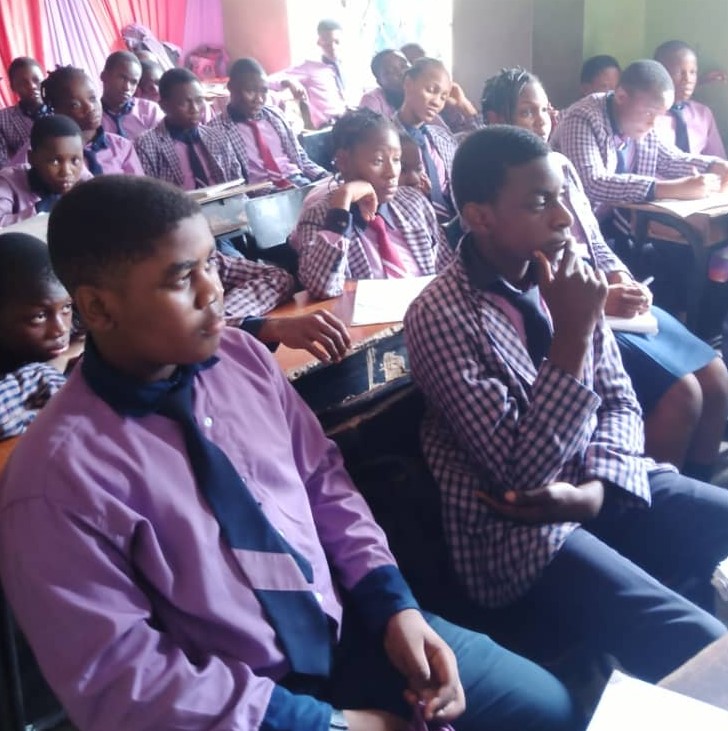
The Minister of Youth and Sport Development, Mr Sunday Dare, expressed concern about the health of adolescents and young people, stating, “I will ensure that my Ministry gives necessary support towards this West and Central African commitment for educated, healthy and thriving adolescents and young peopl’.
Penpushing further reports that, the Country Representative of UNFPA Nigeria, Ms Ulla Mueller, earlier in her speech called on all stakeholders to re-commit to ensuring adolescents and young person in Nigeria are educated, thriving and healthy by making youth centred recommendations that are practical, cost effective and addresses their major needs so that the future of our country would be guaranteed.
The Officer-in-Charge of UNESCO Abuja Regional Office, Mr Mamadou Lamine Sow, noted that “the anticipated demographic explosion of young people until 2050 in West and Central Africa including Nigeria, presents the opportunity of an important demographic dividend conditioned upon the creation of a context in which young people, in particular girls and young women, can realize their full potential, by investing today in their education, health, employment opportunities and empowerment.
Penpushing also reports that, Sow emphasised the commitment of UNESCO to promoting programmes that create better conditions for adolescents and young people to make informed decisions about their health, sexuality and reproduction; and reduce number of new HIV infections, early and unintended pregnancies.
The other recommendations of the stakeholders include improved access to FLHE programme to underserved populations including those living in hard-to-reach areas, out-of-school youth, people living with disabilities, adolescent girls and young women; innovative use of social media, and digital platforms, assistive learning hard and software devices to reach young people including those with disabilities with relevant learner-driven FLHE materials and teachers with educational materials
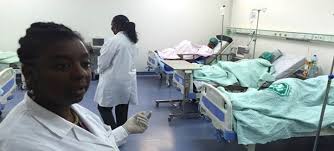
Penpushing reports that, these also include; innovative use of social media to reach young people with relevant Sexual and Reproductive Health (SRH) information and linkages with services; and intensification of social and behavioural change communication targeted to pregnant adolescents to improve maternal health behaviours.
The stakeholders also called for instituting a policy for reduced age of consent to non-surgical SRH services to 14 from 18, and address other barriers to adolescent health services to facilitate access of young people to relevant services, including family planning services and treatment of STIs; among others.
Penpushing further reports that, the main objective of the stakeholders’ consultation is to collect substantive recommendations from stakeholders to strengthen reproductive health education, sexual and reproductive health services, SGBV prevention and protection for adolescents and young people.
The Minister of Education was represented by the Minister of State for Education, Hon. Chukwuemeka Nwajiuba; while Minister of Health was represented by the Director of Family Health, Federal Ministry of Health, Dr Salma Kolo. The Minister of Youth and Sport Development was represented by Mr Kabiru Muhammed.
Penpushing also reports that, included amongst the stakeholders were representatives of Ministries, Civil Society Organisations (CSOs), Youth-led and youth-focused organisations, secondary schools including those with special needs.
The stakeholders underscored the need to institute policies and mechanisms to upscale admission and promote the retention of girls in school through to the end of secondary school; and further called for strengthening the capacity of school authorities, communities, parents and students to prevent, respond, manage and report school-related gender-based violence.
FOOTNOTE: You want to share story with us? You want to advertise with us? You need publicity for product, or service, or event? Contact us on WhatsApp +2348073463653 or email penpushing@yahoo.com



